
As parents and caregivers of children with autism spectrum disorder (ASD), we’ve all encountered our fair share of misconceptions and myths about this neurodevelopmental condition.
While some of these may stem from a place of genuine curiosity or lack of understanding, they can still be incredibly damaging. Misconceptions about autism can lead to discrimination, exclusion, and a failure to provide appropriate support and accommodations for individuals on the spectrum. They can also contribute to feelings of isolation, shame, and self-doubt among those with ASD and their families.
It’s also important to note that while these myths are harmful, they often stem from a lack of understanding rather than malice. Instead of reacting defensively or aggressively, we can approach these situations as opportunities for education and awareness.
These myths can be frustrating, hurtful, and even harmful as they perpetuate stigma and misunderstanding. So, let’s break them down and shed light on the reality of autism –
Myth #1: Autism is a disease that needs to be cured
Autism is not a disease or an illness; it’s a neurological condition that affects how a child perceives and interacts with the world around them. While autism presents unique challenges, the end goal should be acceptance, understanding, and support – not “curing” or “fixing” them.
However, this doesn’t mean that children with autism cannot benefit from evidence-based therapies and interventions! In fact, treatments like Applied Behavior Analysis (ABA) therapy, speech and language therapy, occupational therapy (OT), and other supportive services can help them develop essential skills, improve communication abilities, and learn strategies to navigate the world more effectively.
These therapies are not intended to “cure” autism but rather to provide tools and resources that can enhance the quality of life and promote greater independence and self-advocacy among children.
Myth #2: Children and adults with autism lack empathy or emotions
This myth couldn’t be further from the truth. Individuals with autism experience emotions just like anyone else; they may simply express them differently or have difficulty recognizing and interpreting social cues and emotional expressions. With the right support and understanding, children on the autism spectrum can develop strong emotional connections and empathy.
In this regard, the right therapies and interventions can play a crucial role in helping children with autism better understand and express their emotions. Social skills training, for instance, can teach them how to recognize and respond to nonverbal cues, understand social situations, and develop appropriate emotional responses. Likewise, speech and language therapy, especially when combined with ABA, can also aid in improving communication skills, allowing children to convey their feelings more effectively.
Myth #3: Autism is caused by bad parenting styles
In the 1950s, Leo Kanner and Bruno Bettelheim, US-based academics, proposed that autism stemmed from a distant, career-focused mother, termed the “refrigerator mother.” Despite lacking evidence and facing criticism, this theory persisted until the 1970s and 1980s. However, when biological explanations gained traction, ultimately, the refrigerator mother hypothesis was abandoned.
And it is important to note that there is absolutely no scientific evidence to support the claim that autism is caused by parenting styles or other external, familial factors.
Extensive research has shown that autism has a strong genetic component and likely results from a combination of genetic and environmental factors. Blaming parents or other factors, such as vaccines, only serves to perpetuate harmful stereotypes and increase the guilt and stress experienced by families.
Myth #4: Autism only affects boys
Autism does affect more males than females, but it’s important to recognize that autism knows no gender boundaries. Girls and women can also be on the autism spectrum, and they often face unique challenges in terms of diagnosis and support due to gender biases and misconceptions about how autism presents in females.
In fact, research shows that girls with ASD may be underdiagnosed as their behaviors are different from those of boys on the spectrum. For instance, boys are more likely to have limited and repetitive areas of play, whereas girls are relatively less repetitive, with wider play areas. Since their behavior varies in terms of social interactions and communication styles, it is important to personalize support strategies catering to their requirements.
Read more about catering to the unique needs of girls with ASD here.
Myth #5: All children with autism have savant skills or extraordinary talents
While some children and adults with autism do possess exceptional talents or skills in specific areas (known as savant abilities), this is not the case for the majority of children on the autism spectrum. Statistically speaking, as many as one in 10 individuals with autism exhibit remarkable abilities, although savant syndrome can also manifest in other developmental disabilities or central nervous system conditions.
ASD encompasses a broad range of characteristics and experiences, and children diagnosed with it may possess a wide range of abilities, interests, and strengths, just like neurotypical individuals.
Remember, every child with autism is unique, and their experiences and needs are diverse. While general information and resources can be helpful, it’s crucial to approach each child with an open mind and a willingness to learn and adapt to their specific needs.
Concluding Insights –
All children, including those with autism, deserve equitable access to optimal physical and mental health. However, they often face discrimination and lack of healthcare access, aggravating their vulnerability to chronic conditions and violence – Studies indicate that children with autism are potentially three times more susceptible to bullying, physical, or sexual abuse compared to their neurotypical counterparts.
To address this, it’s crucial to combat misinformation about autism, prioritize sensitivity to children’s needs, and collaborate with specialized providers like Early Autism Services (EAS) to ensure tailored care and support.
And as parents, it’s our responsibility to educate ourselves and others about the realities of autism. By breaking down these myths and embracing the truth about autism, we can create a more supportive and inclusive world for our children on the autism spectrum. Let’s continue to amplify their voices, celebrate their strengths, and advocate for their rights and acceptance in our communities.
For more, make sure you get in touch with our best behavioral analysts and schedule a FREE consultation right away – +91 8929153820

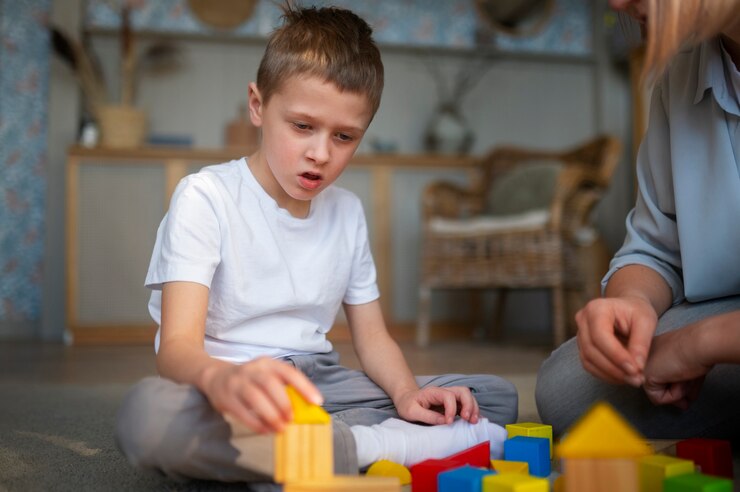

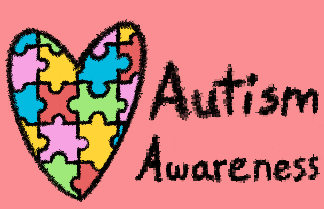

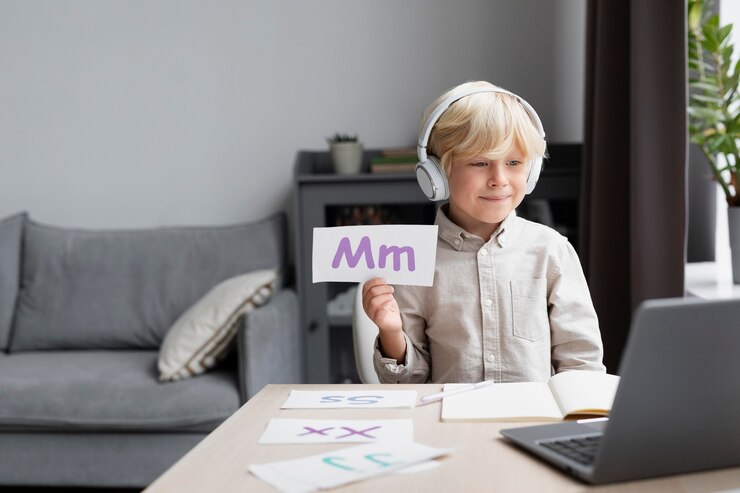



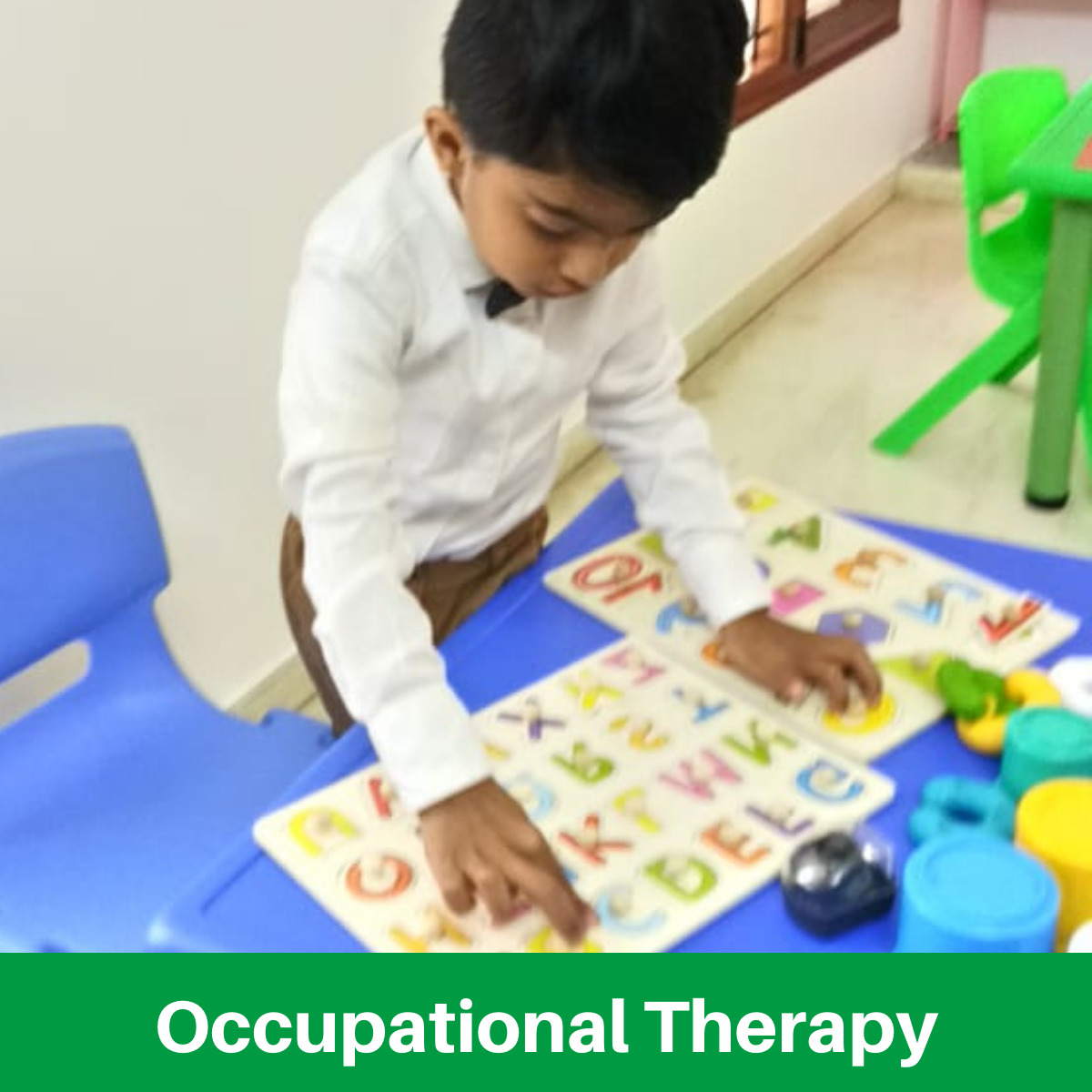
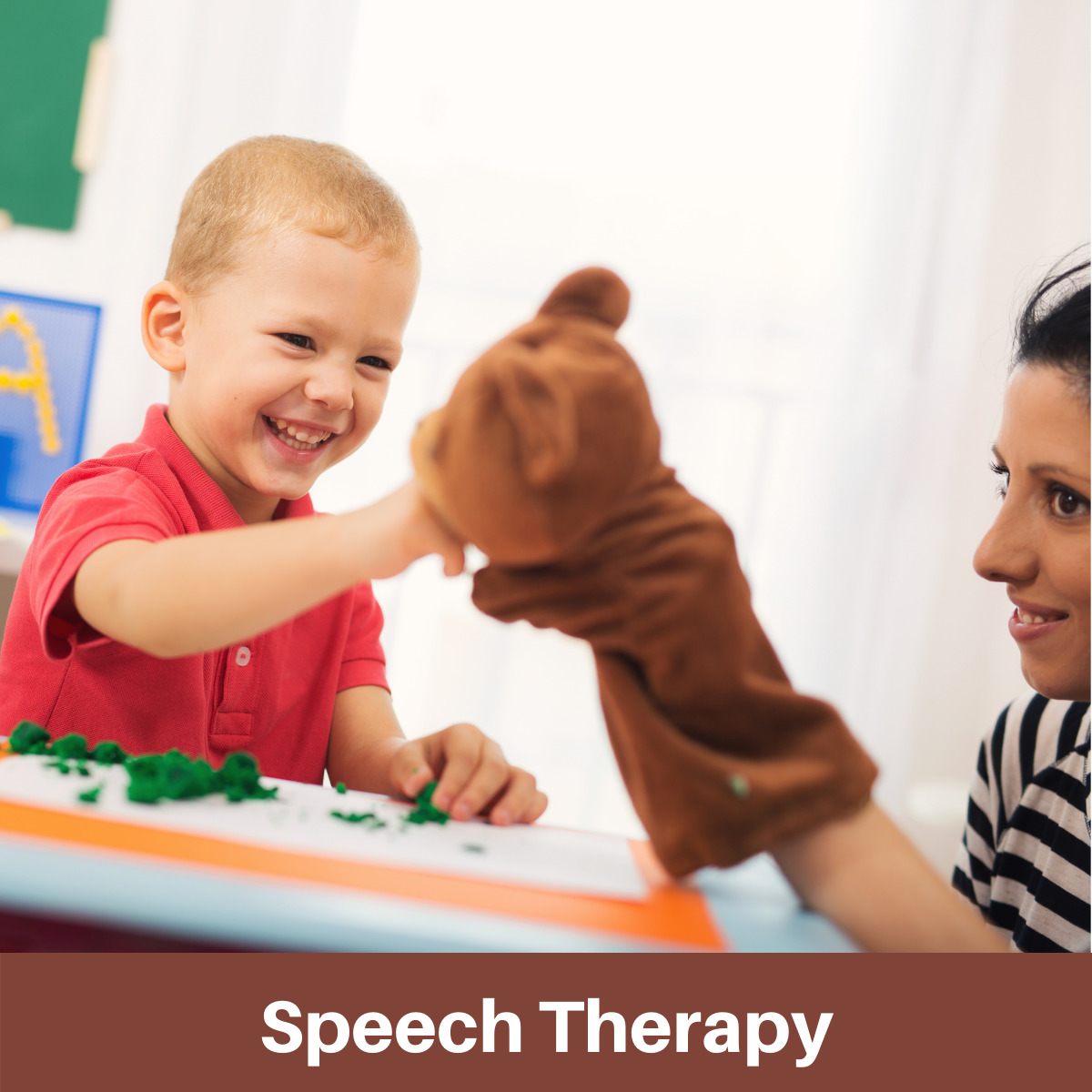
Recent Comments